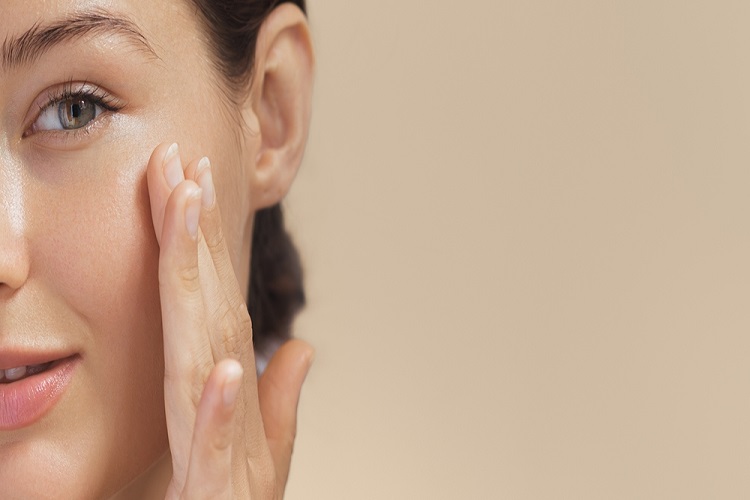Some people have diseases that can affect how their bodies process foods, one of which is coeliac disease. Many of these diseases are often mistaken for other problems and can be hard to diagnose. Here are some of the ways that coeliac disease is managed after patients are diagnosed with it.
What Is Coeliac Disease?
This is a disease that is often misdiagnosed or never diagnosed at all and has over 300 symptoms. It is an autoimmune disorder that is triggered by an intolerance to gluten, which is a protein found in foods containing wheat, rye, barley, graham flour, semolina, and triticale. It can sometimes be found in oats if they have been processed in plants where wheat or other gluten-containing grains have been processed.
Coeliac Symptoms
Since there are so many symptoms, they can be different for each person and they can also be different depending on someone’s age. Children with coeliac disease may experience:
- Bloating
- Abdominal pain
- Constipation or diarrhoea
- Weight loss
- Failure to thrive in babies
- Irritability or behaviour issues
- Short stature
- ADHD
Adults usually do not experience as many digestive issues with this disease but some of their symptoms may be similar to those of children. Some of the symptoms adults with coeliac experience include:
- Anaemia
- Chronic fatigue
- Joint pain
- Arthritis and/or osteoarthritis
- Depression and/or anxiety
- Liver disorders
- Infertility, including miscarriages
- Mouth sores
- Itchy skin rashes
Coeliac disease can be genetic, though people who do not have a family history of it can have the disease as well.
Treating Coeliac Disease
The only way to manage coeliac disease is to avoid foods containing gluten, which can be difficult to do. Many processed foods can contain wheat or its by-products so people with the disease or who have children with it need to learn how to read food labels to avoid it. Fortunately, many food companies are making more of their products without gluten and clearly marking it on their packaging for people diagnosed with coeliac disease.
Along with foods, other products contain gluten as well. Some medications and supplements have gluten because wheat starch is often used as a binding agent. Toothpastes, mouthwashes, and even lipstick can contain gluten so it is important to read all labels for anything that goes into or on your body.
Most patients who maintain a gluten-free diet do not need medications to treat their disease, although they may take vitamins or other supplements to ensure that their bodies are getting the nutrition they need to thrive. It is especially important that children with this disease get the nutrition they need to help their bodies heal and replace any vitamins or minerals missing in the foods they’re eating.
Many people who have not been diagnosed with this disease avoid eating gluten because they claim it makes them feel better. However, unless you have the disease, you shouldn’t completely give up gluten because whole grains are important to a balanced diet as they contain protein, fibre, vitamins, and minerals that bodies need to be healthy.










Comments